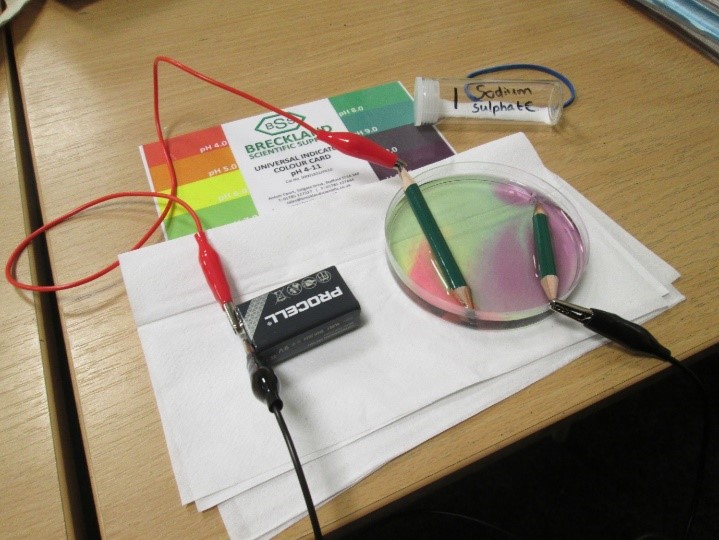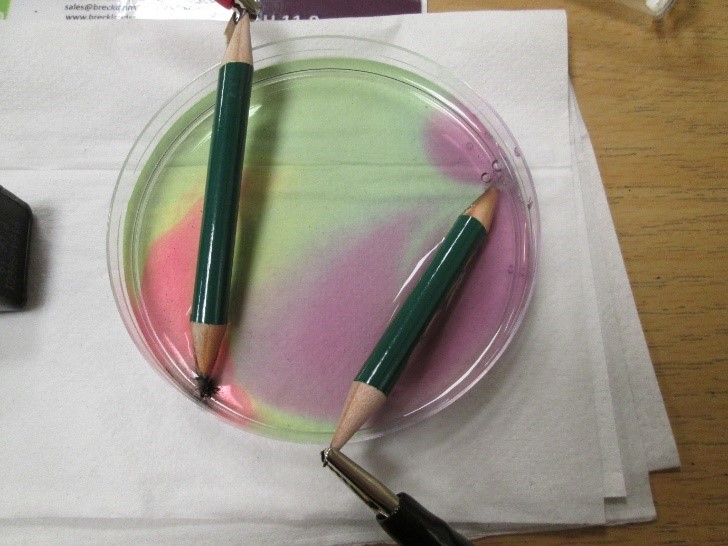Garlinge Primary School and Nursery, Westfield Road, Margate, Kent, CT9 5PA

Garlinge Primary School and Nursery, Westfield Road, Margate, Kent, CT9 5PA
At Garlinge, our vision is to provide a rich variety of scientific opportunities that inspire and engage all children, ensuring every child, regardless of ability, has the chance to learn, have fun, and develop their science understanding. We are committed to creating a learning environment where science is accessible to all. Through this, we aim to help all children feel confident in their ability to engage with science and reach their full potential.
Ultimately, we want our children to leave Garlinge with the skills and mindset to continue exploring the world around them, equipped to navigate future challenges. We believe that our interactive curriculum will be better remembered by our children, and that the opportunities we offer will empower them to become confident, life-long learners.
To achieve this, we ensure our teaching of science is fluid and adaptable, encouraging children to ask questions and seek answers through their own enquiries. We promote an inclusive approach where every child’s voice is heard, and where they are encouraged to explore, debate, and challenge each other. We celebrate mistakes, as we know they are essential to becoming better scientists and building resilience.
Science is the systematic investigation of the physical, chemical and biological aspects of the world which relies primarily on first hand experiences.
Science for our children means exploring, discovering and investigating the world around them, deepening and improving their understanding of concepts already held and challenging ideas put to them.
The main aspects of science to be studied at Garlinge Primary School and Nursery will be determined by the programmes of study of the National Curriculum and as identified in the key stage plans based on the Kent Scheme of Work for Science.
AIMS
British Science Week is a 10-day celebration of science, technology, engineering and maths that takes place in March 2025. The theme of the Science Week this year is ‘Change and Adapt’. This year, at Garlinge, we will be celebrating Science Week on the week commencing March 31st. There will be lots of in class activities, as well as assembly ‘workshops’, all centred around the theme of ‘Change and Adapt’. We look forward to sharing our exciting learning with you.
Please click here for more information.
Since plastic pollution was brought into the public eye by Sir David Attenborough in 2018, here at Garlinge we have felt that it is a key focal area and that children are very keen to find out about the natural world, the ocean and how we as humans can help to make it a better place again. We have ensured that every term there is a day where every class thinks about and enjoys learning about an area of the natural world and an aspect of how it can be made better. These include the plastics as a pollutant and how to reduce the use of these and/or improve the recycling of them, climate change and global warming and the various impacts we have seen in recent years, such as wildfires in Australia. This was something that particularly grabbed the children’s attention and they wanted to find out much more about this. Assemblies are used to help explore these different areas and the children are enjoying a more creative way of learning when these days take place. With one of our school values being RESPECT we feel that the children will understand how, we as a population of people have such a huge impact on the world’s oceans and environments and how we need to respect these areas as animals habitats and also as part of the world that we live in.
As part of World Space Week 2025, our Upper Key Stage 2 pupils enjoyed taking part in the Team Tim Online science show on Thursday 9th October.
Presented by spacefund.co.uk and featuring British astronaut Tim Peake, the interactive virtual show explored this year’s theme, Living in Space. Pupils discovered what life is really like aboard the International Space Station — from eating, sleeping, and exercising in microgravity to growing plants, carrying out experiments, and even training for a spacewalk!
Packed with fascinating science, drama, and eye-catching visuals, Team Tim inspired our pupils to think like astronauts and imagine what it takes to live and work in space. It was a fun, educational, and unforgettable experience that truly launched their curiosity into orbit!
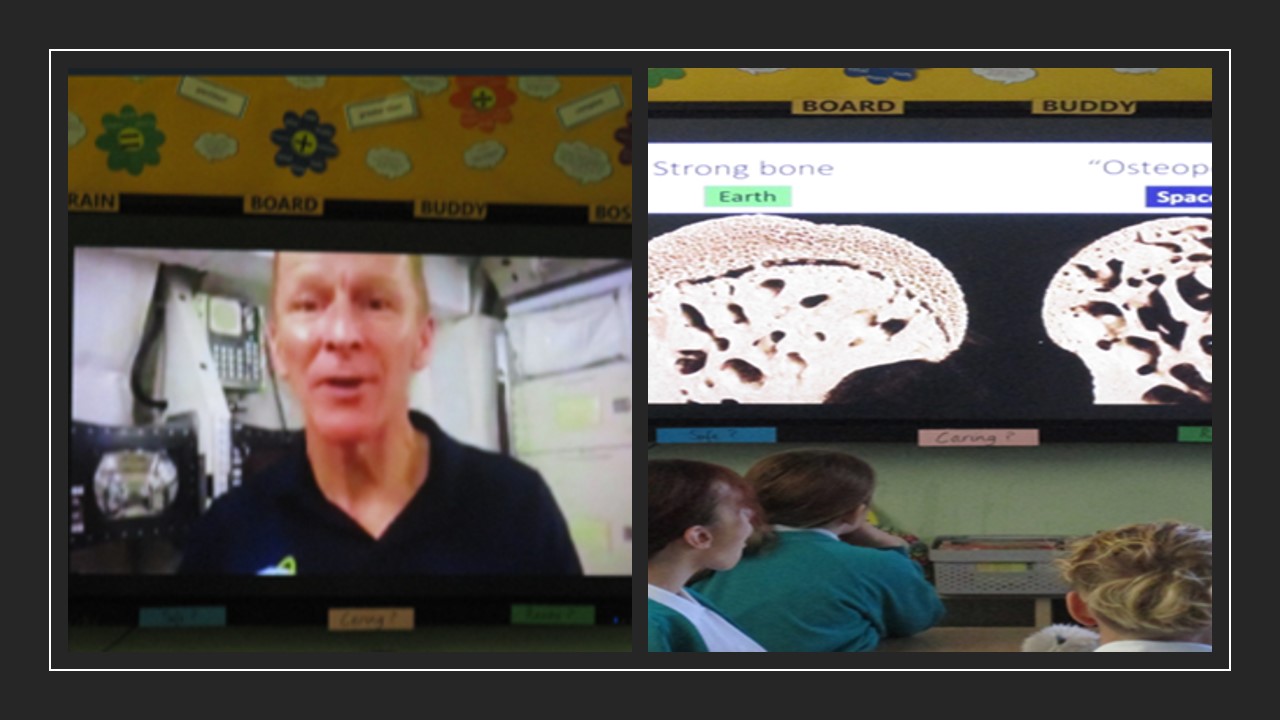
Today, our Year 6 pupils had the fantastic opportunity to attend the East Kent Science Jamboree at Discovery Park — and what an inspiring and enjoyable morning it was!
As part of the event’s 30th Anniversary celebrations, the children took part in a wide range of hands-on STEM activities designed to spark curiosity and ignite a passion for science, technology, engineering, and mathematics. From exciting experiments to mind-blowing demonstrations, the morning was filled with interactive workshops and a high-energy science show that had everyone engaged and amazed.
One highlight of the event was the chance for pupils to meet and engage with real STEM professionals. These encounters gave the children a glimpse into the world of scientific careers and helped them see how the science they learn in school connects to the real world.
Our pupils represented Garlinge brilliantly, showing enthusiasm, excellent behaviour, and a genuine interest in everything on offer. Staff were proud to see them asking thoughtful questions, getting hands-on with experiments, and embracing every opportunity to learn something new.
A big thank you to the organisers of the East Kent Science Jamboree for hosting such a brilliant event, and for making science exciting, accessible, and fun for all.
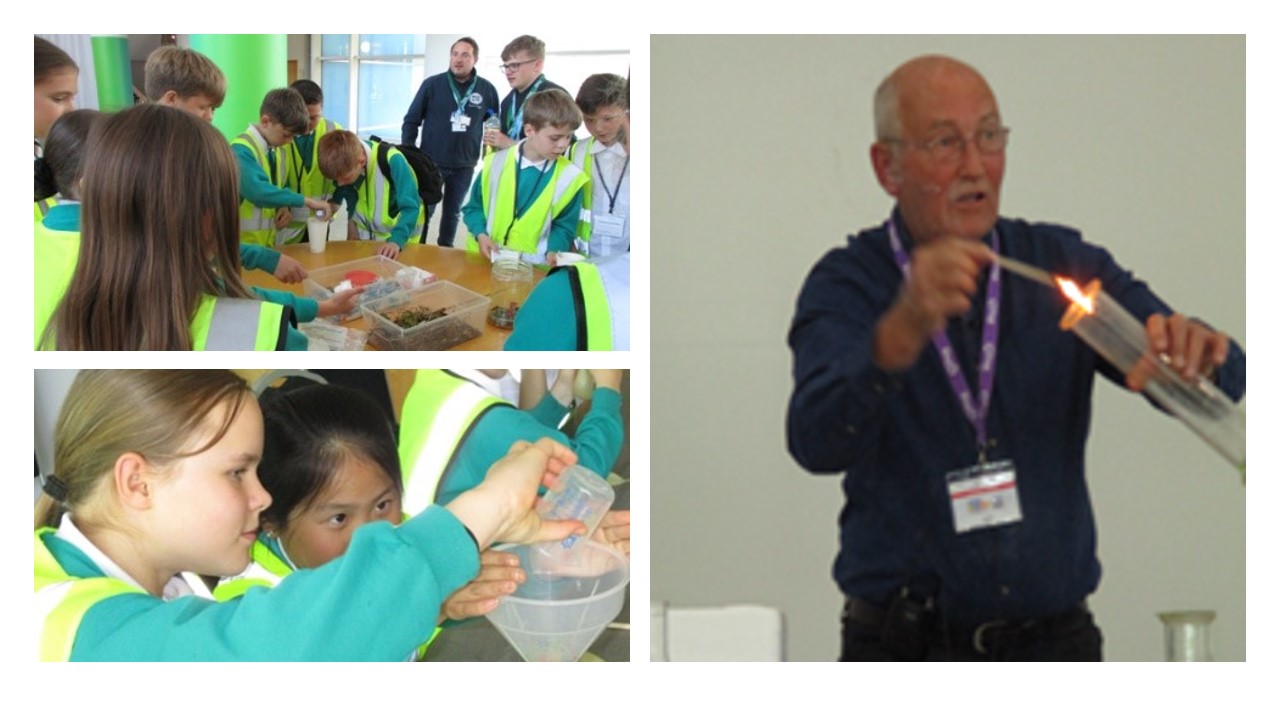
This week, as part of our Space-themed Arts week, pupils in Years 1-6 had the exciting opportunity to take part in "Kids in Space"—an interactive, curriculum-linked assembly brought to us by Jo from Spacefund and led by the energetic and engaging Astronaut Matt. The 50-minute performance transformed the sports hall into a launchpad for discovery, taking students on an imaginative journey through the solar system. With vivid storytelling and hands-on participation, children experienced key moments in space history, including a recreation of Neil Armstrong’s first Moon landing, and even faced a dramatic asteroid bombardment.
A highlight for many was seeing the built-to-scale model planets, which offered a striking visual comparison of Earth's size next to gas giants like Jupiter and Saturn—prompting plenty of questions.
Linked closely to the National Curriculum for Key Stages 1 and 2, the show effectively blended learning with excitement. Suitable for all pupils from Year 1 to Year 6, it provided age-appropriate content that sparked curiosity across the school.
Thanks to Jo, Astronaut Matt, and the Spacefund team, the session proved that learning about space can be both educational and inspiring—leaving pupils talking about the solar system long after the performance ended.
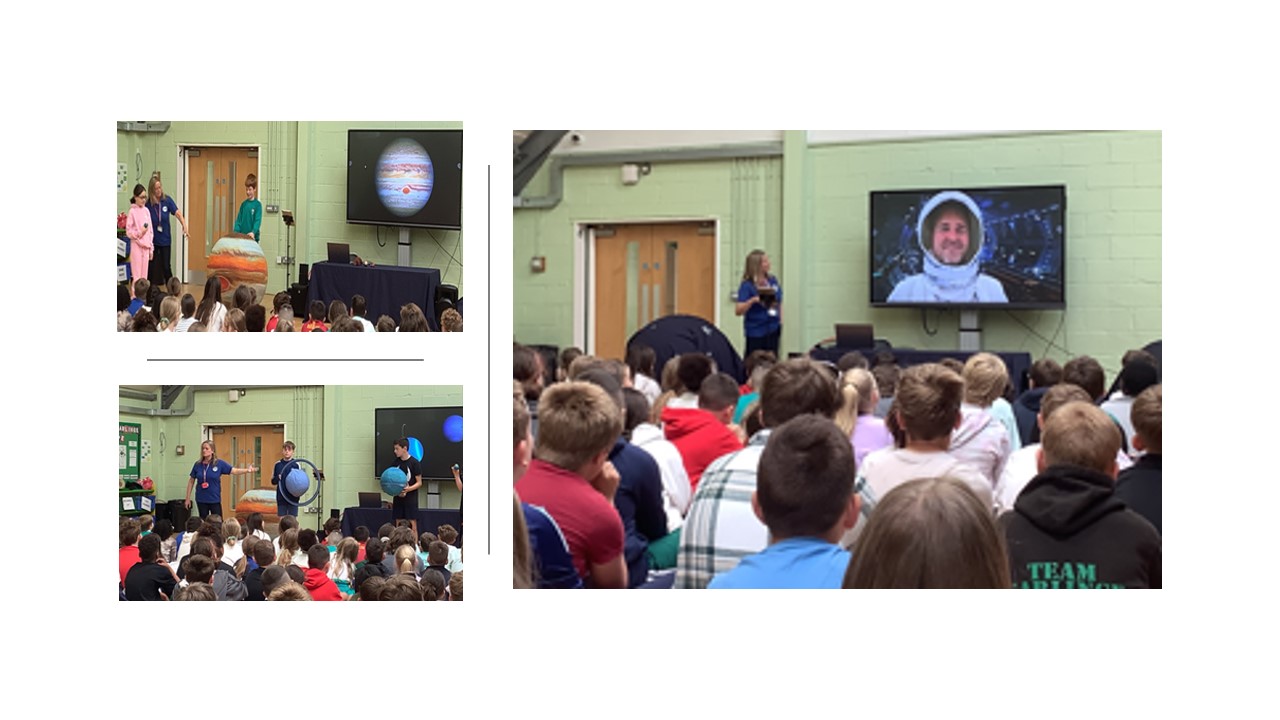
This year’s Science Week was a fantastic celebration of science, centred around the theme of ‘Change and Adapt.’ Our pupils engaged in a range of exciting activities that highlighted the wonders of science.
Year 6 continued their fascinating exploration of light, engaging in experiments like the thrilling 'egg drop challenge' and a brilliant red cabbage pH experiment. Meanwhile, the Year 3 students took part in a delightful skittle challenge, where they marvelled at how colours interact to create stunning patterns when water is added. Not to mention the explosive fun of watching mentos react with Coca-Cola! Every student participated in a poster competition and designed some very imaginative lab coats, inspired by robotics. We also enjoyed super engaging science workshops, where students got involved and tried out an array of thrilling experiments.
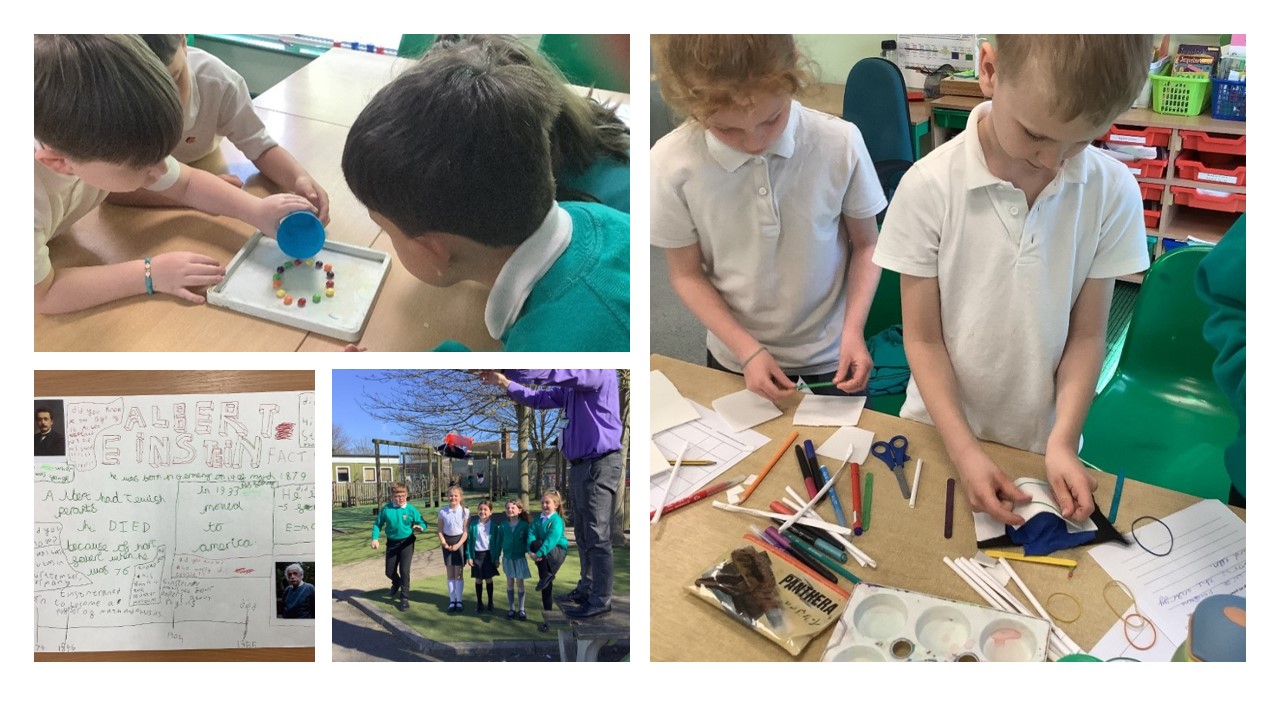
On 12.2.25, Year 6 students at Garlinge Primary School participated in an engaging STEM workshop led by Satish and Andy from NRC. This workshop was part of the Year 6 electricity topic and aimed to enhance students’ understanding of energy sources, environmental impact, and cost-effectiveness through an interactive and educational card game called Megawatt.
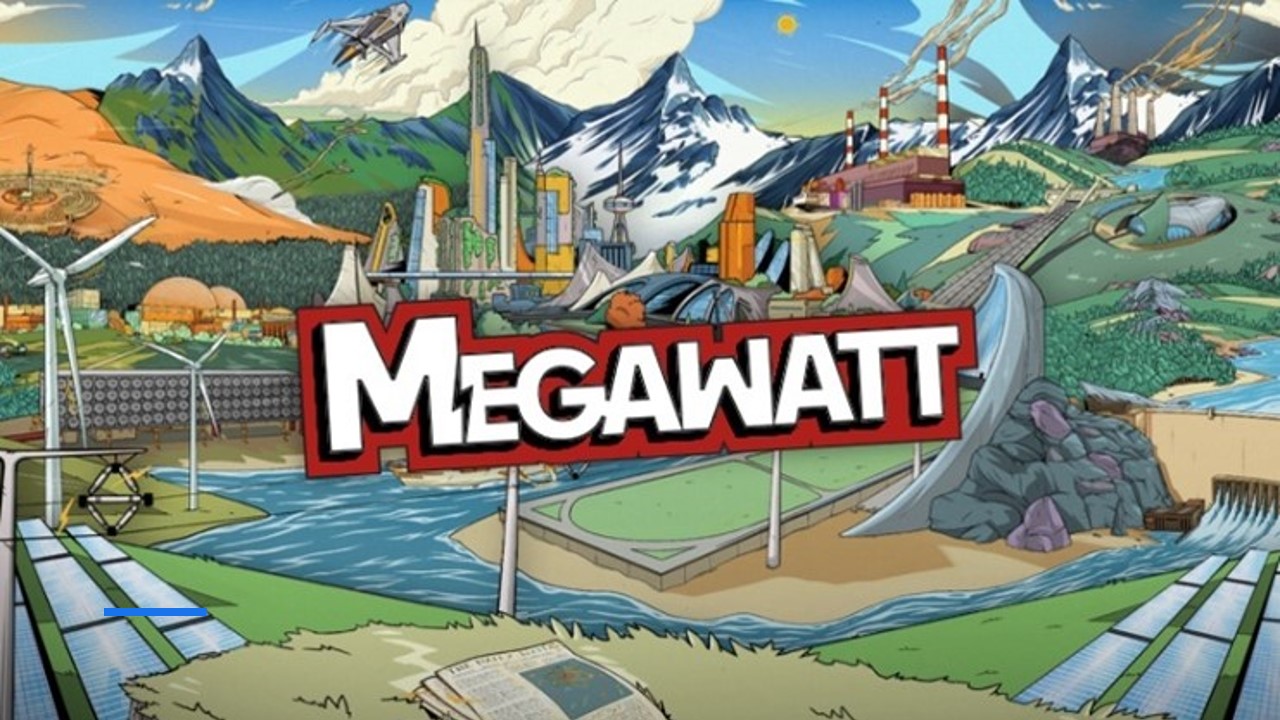
The session was centred around the Megawatt card game, which provided students with a hands-on approach to learning about various energy sources. Each student or group played by selecting different types of energy generation methods, such as biomass, nuclear, wind, and solar, while balancing factors such as energy output, environmental impact, and cost.
Players earned coins (starburst sweets!) based on the amount of energy their chosen sources generated, encouraging them to think strategically about energy production. However, they also faced penalties in the form of lost points if their choices had high environmental consequences or financial drawbacks. This structure allowed students to weigh the benefits and trade-offs of different energy sources, fostering critical thinking and decision-making skills.
The workshop effectively reinforced key STEM concepts, including:
The students were highly engaged throughout the session, actively discussing strategies and the pros and cons of each energy source. Many expressed enthusiasm about the competitive and interactive nature of the game, which made learning fun and accessible.
The Megawatt card game workshop successfully provided Year 6 students with a dynamic and educational experience, promoting awareness of energy generation and sustainability. Satish and Andy’s leadership and interactive approach ensured a stimulating and enjoyable learning environment. The workshop not only strengthened students' STEM knowledge but also encouraged them to consider the impact of energy choices on the environment and society.
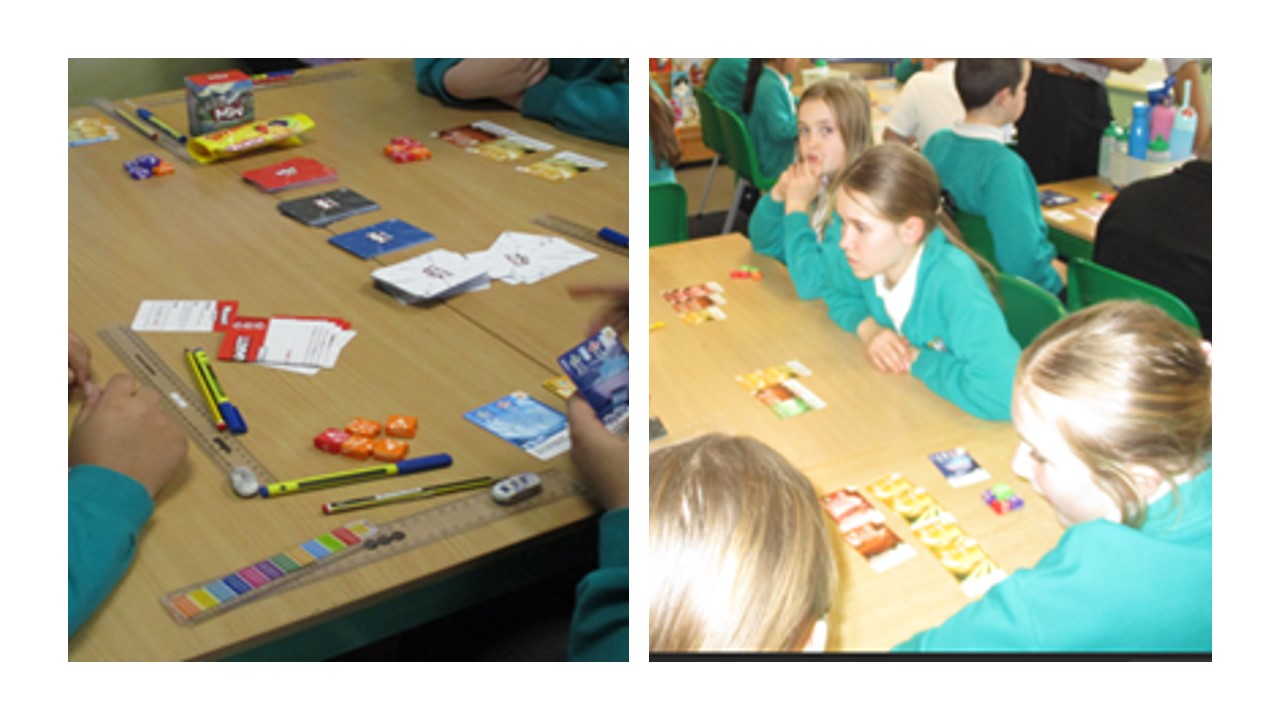
Year 4 have been learning about electricity during Term 3 and 4. To bring this unit to a close, the children of 4A created circuits using bulbs and buzzers to make the Iron Man come to life! Have a look at some of the creative designs showcasing their amazing skills.
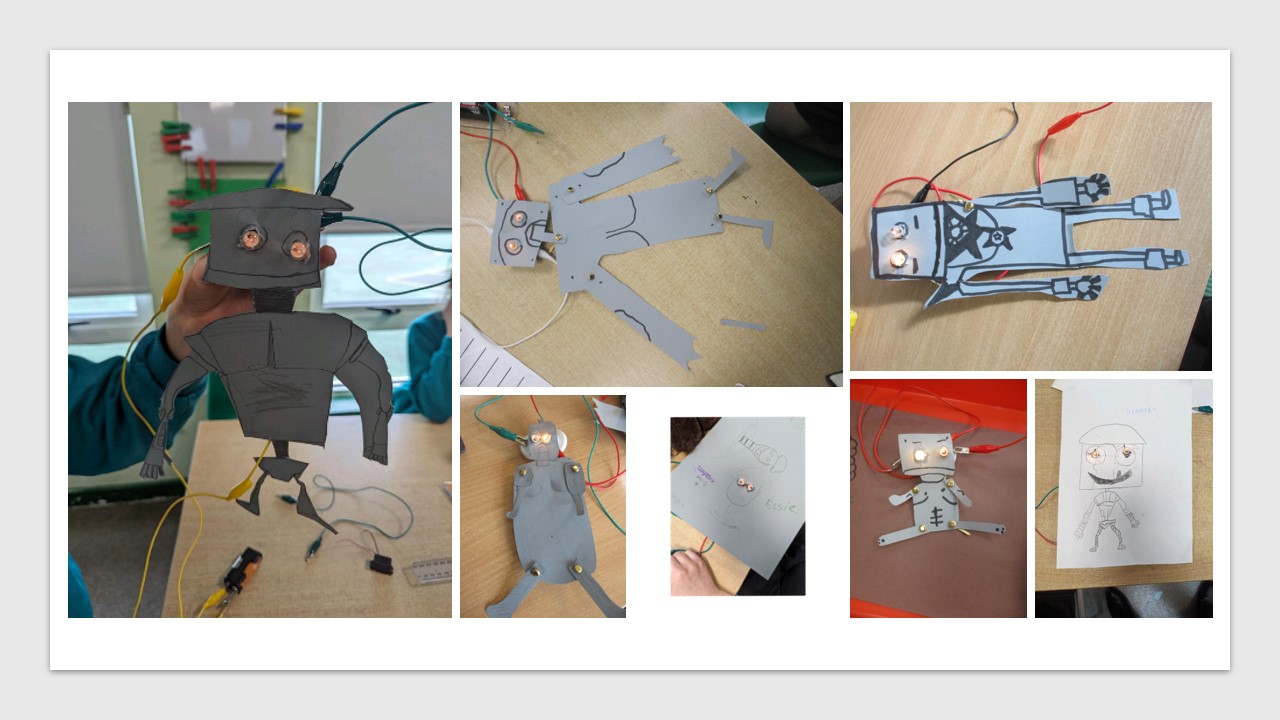
Year Six have been building circuits this term and testing how effective they are when different components are added. We considered how the brightness of a bulb is affected when other components are added.
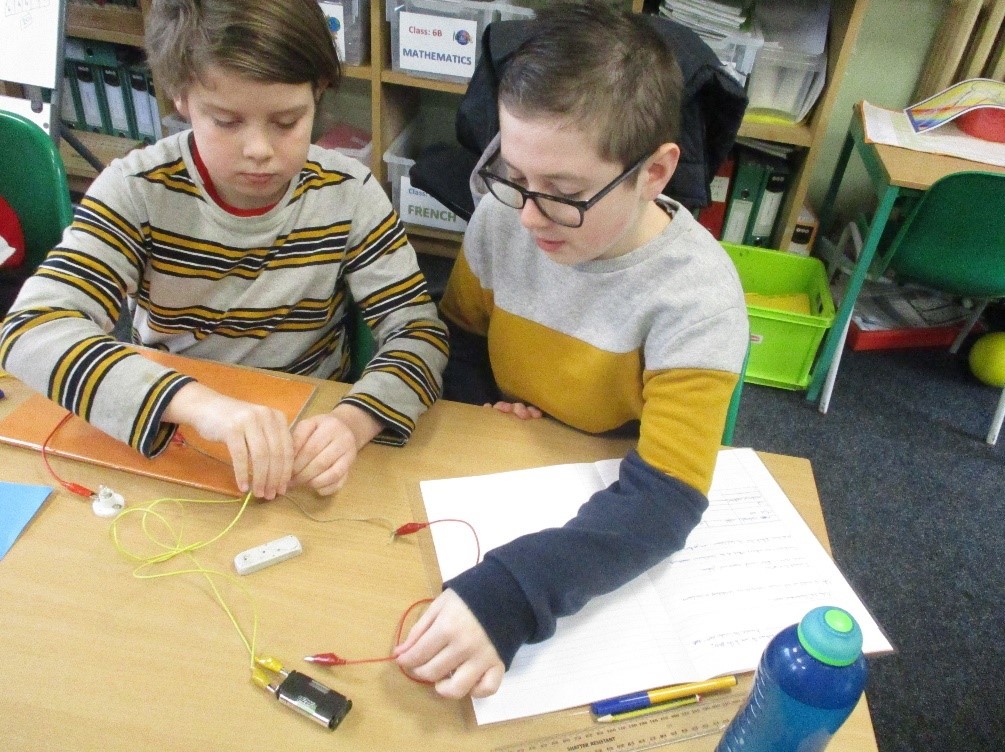
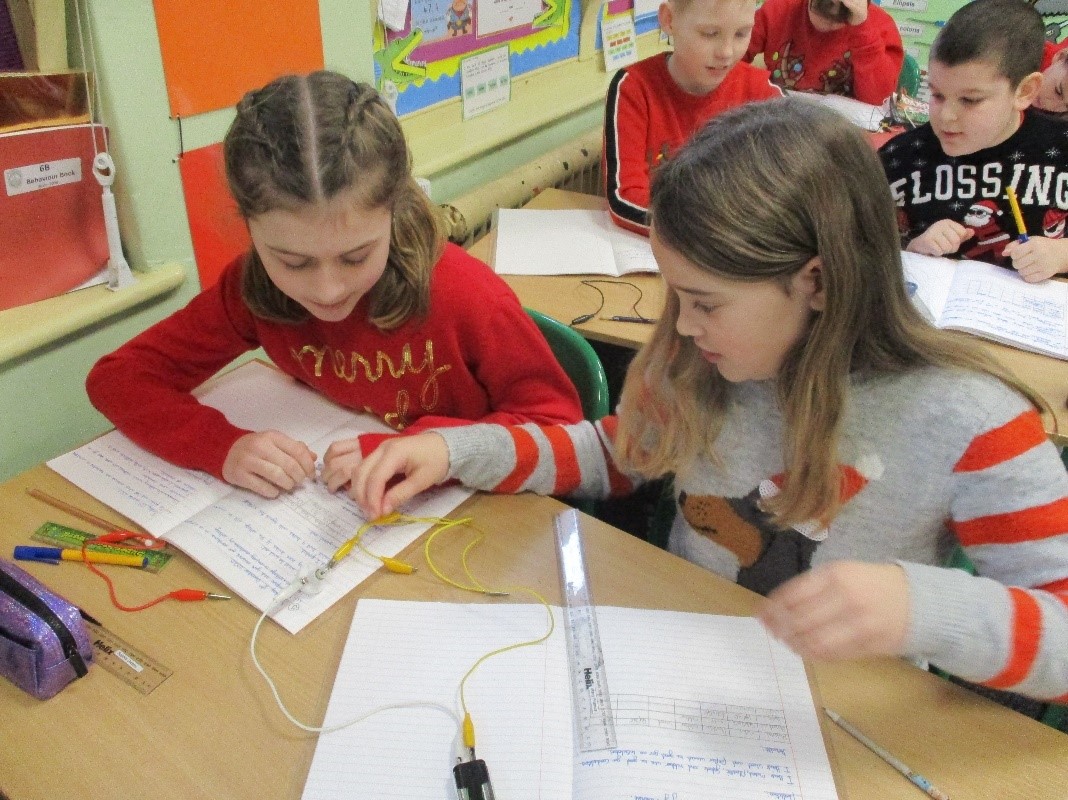
Year Six were also given some scientific equipment and chemicals from Chatham and Clarendon to show how a chemical reaction can take place when electricity flows through a liquid. In this experiment, the water has turned pink (acid) and purple (alkali) due to the electricity passing through the water and sodium sulphate! Just a small example of some of the exciting experiments ahead of the children as they move into secondary school.
